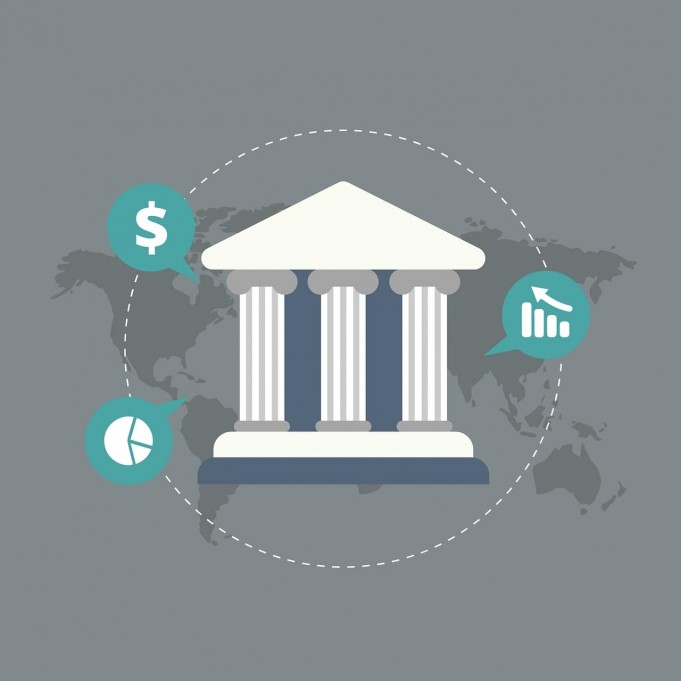Do You Need To Ask Your Bank For Mortgage Relief?
A new federal law has been put in place to protect homeowners with Government Sponsored Enterprise (GSE)- backed mortgages. And if they’re right for your situation, you still may have relief options through your mortgage loan. If you are experiencing a financial hardship making on-time mortgage payments, forbearance may be an option for you. In this article, we discuss whether you need to ask your bank or lender for mortgage relief.
What You Need to Know about the CARES Act Mortgage Forbearance
There are two protections for homeowners with GSE-backed (Freddie Mac) or funded mortgages:
- First, your lender may not foreclose on you until at least August 31, 2020. Specifically, the CARES Act and the recent guidance from the GSEs, and the USDA, prohibit lenders and loan services from beginning a judicial foreclosure against you. From finalizing a foreclosure judgment, this protection began on March 18, 2020, and extends through at least August 31, 2020.
- Second, if you experience financial hardship, you have a right to request and obtain a forbearance for up to 180 days. You also have the right to obtain an extension for up to another 180 days. You must contact your lender or loan servicer to request this forbearance. There will be no additional fees, or additional interest (beyond scheduled amounts) added to your account. You do not need to submit additional documentation to qualify other than your claim to have a mortgage relief financial hardship.
Mortgage Forbearance
Mortgage forbearance is when your mortgage servicer or lender allows you to pause, or reduce your mortgage payments. This is done for a limited period while you regain your financial footing. The CARES Act provides many homeowners the right to have all mortgage payments completely paused for a certain time. Forbearance doesn’t mean your payments are erased, as you are still required to repay any reduced payments in the future. In most cases, this may be repaid over time at the end of the forbearance. Your servicer will contact you and arrange how the missed payments will be repaid, as there may be different programs available.
There can be different forbearance options, depending on the type of your loan. For example, if you have a Fannie Mae, Freddie Mac, or USDA loan, you won’t have to pay back the amount. (One that was suspended all at once—unless you can do so).
However, if your income is restored before the end of your forbearance, reach out to your lender, bank, or loan servicer and resume making payments as soon as you can so your future obligation is limited.
Moratoriums Suspend or Stop Foreclosure
Foreclosure is when the lender or loan servicer takes back the property after the homeowner fails to make the required payments on a mortgage. Moreover, the process differs from the state in the US under federal law, a loan servicer generally cannot start the state foreclosure process until your loan is more than 120 days past due. There can be exceptions depending on your forbearance mitigation program.









